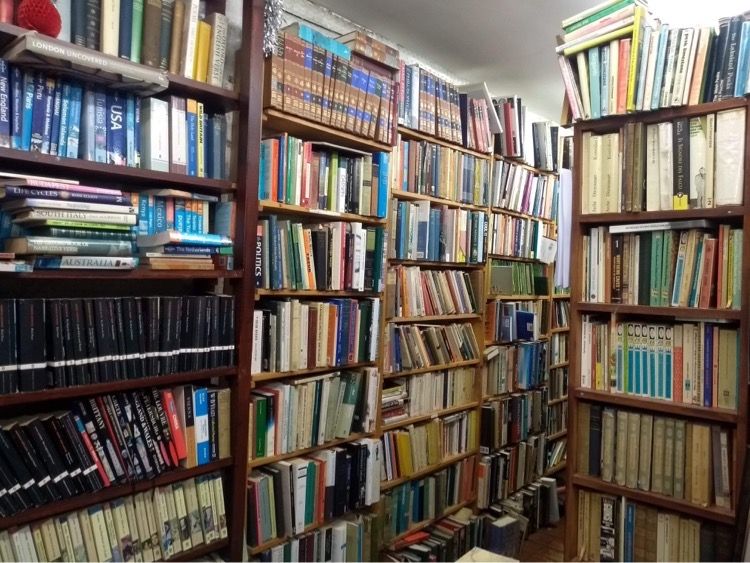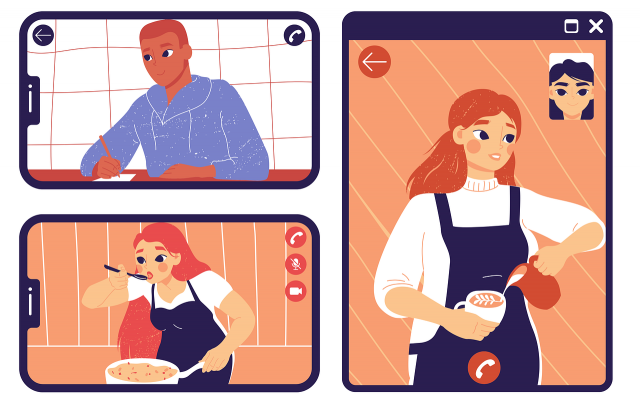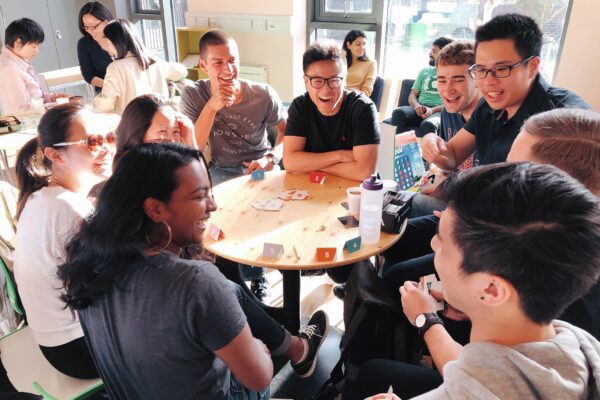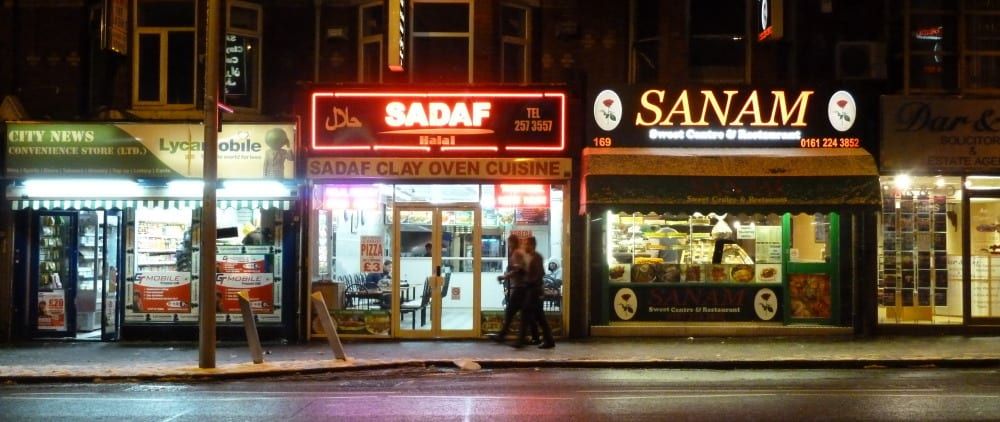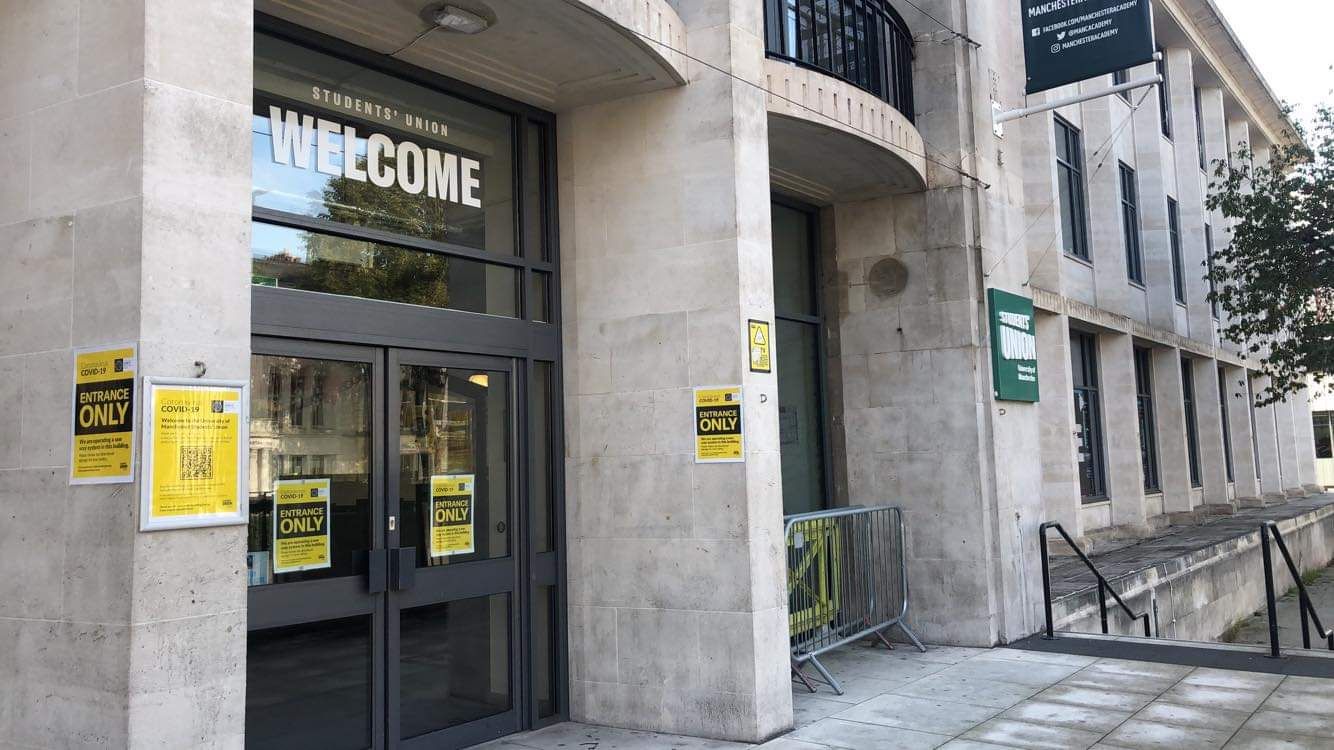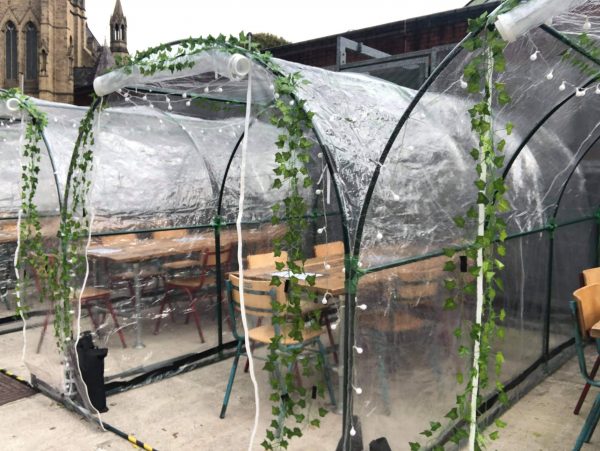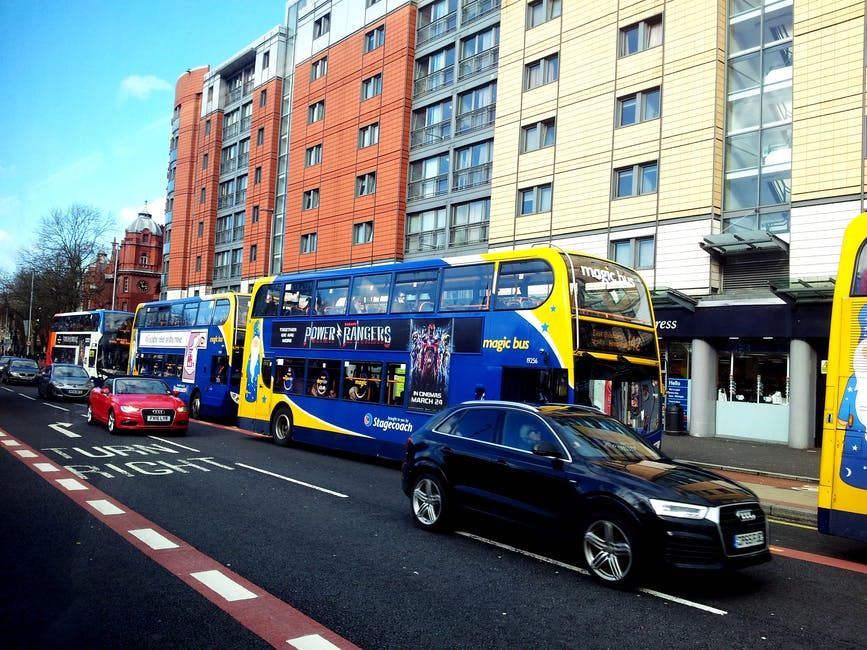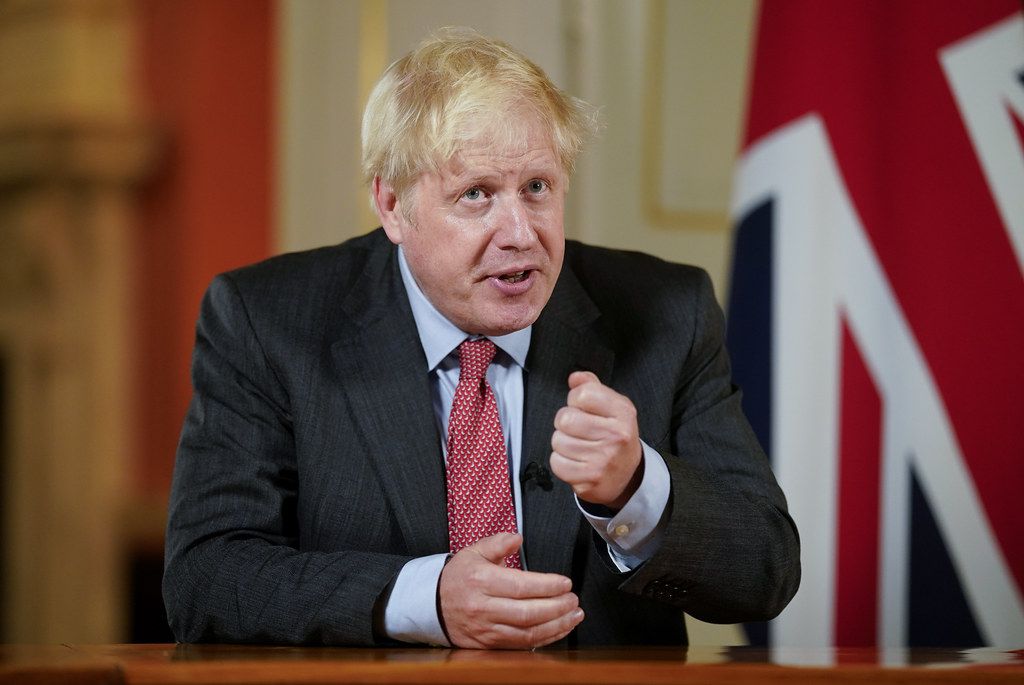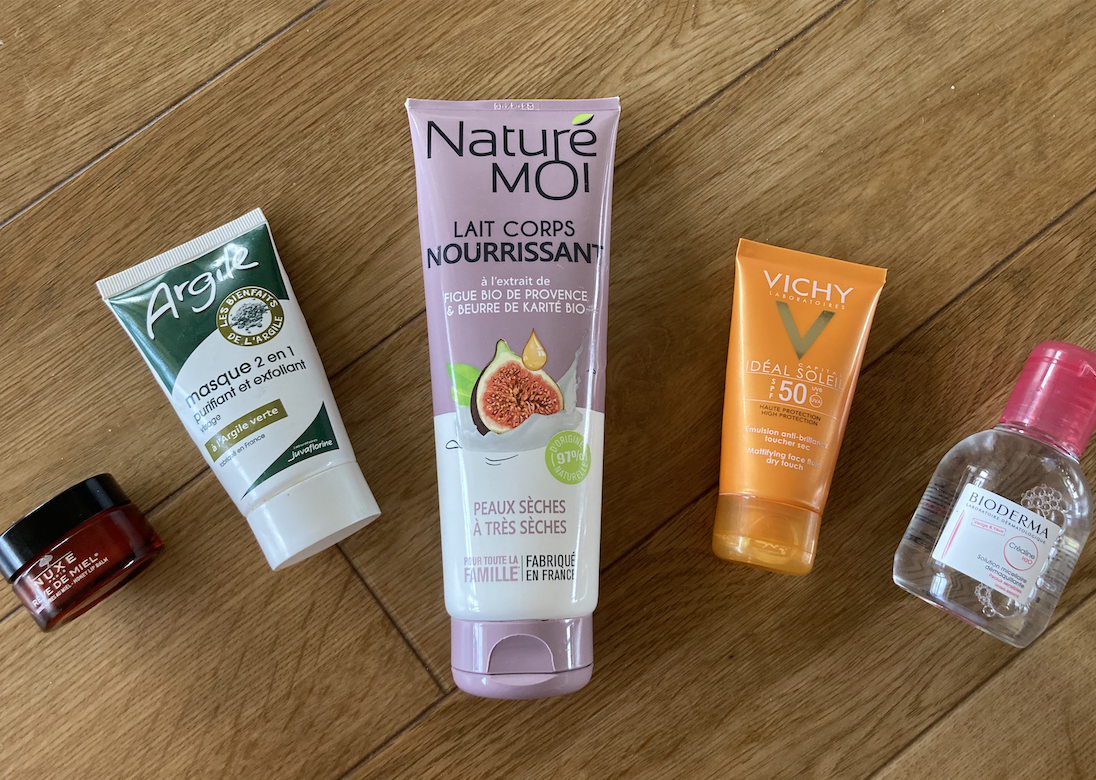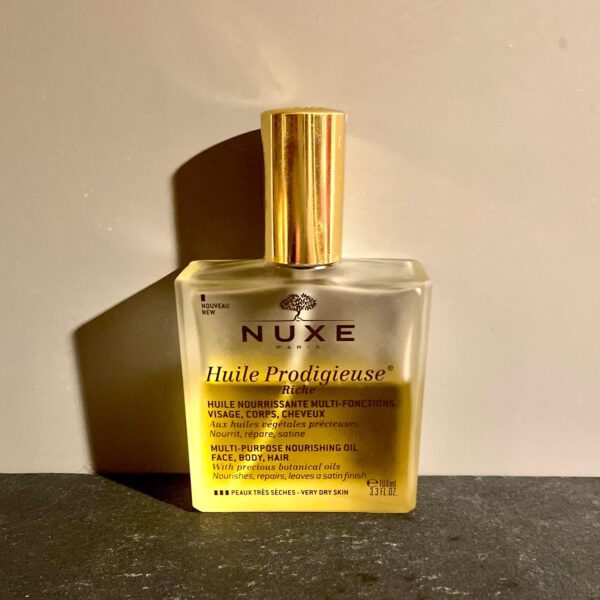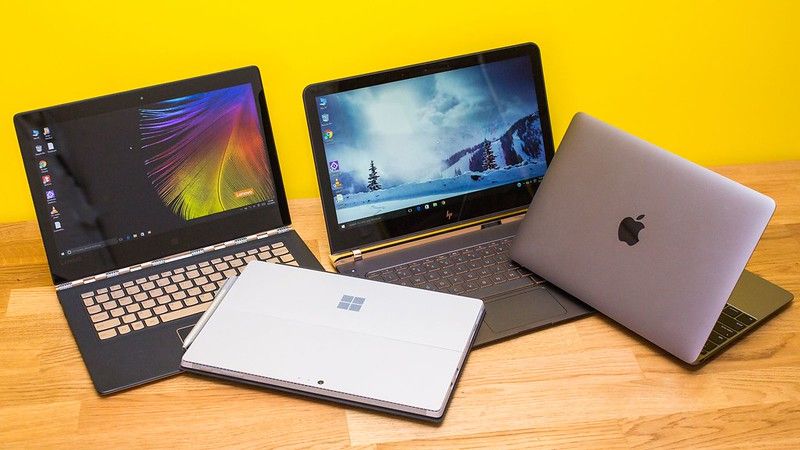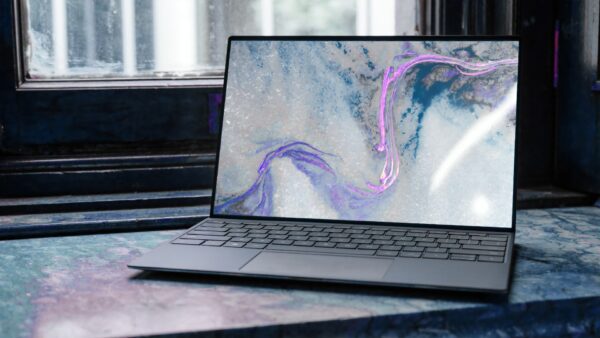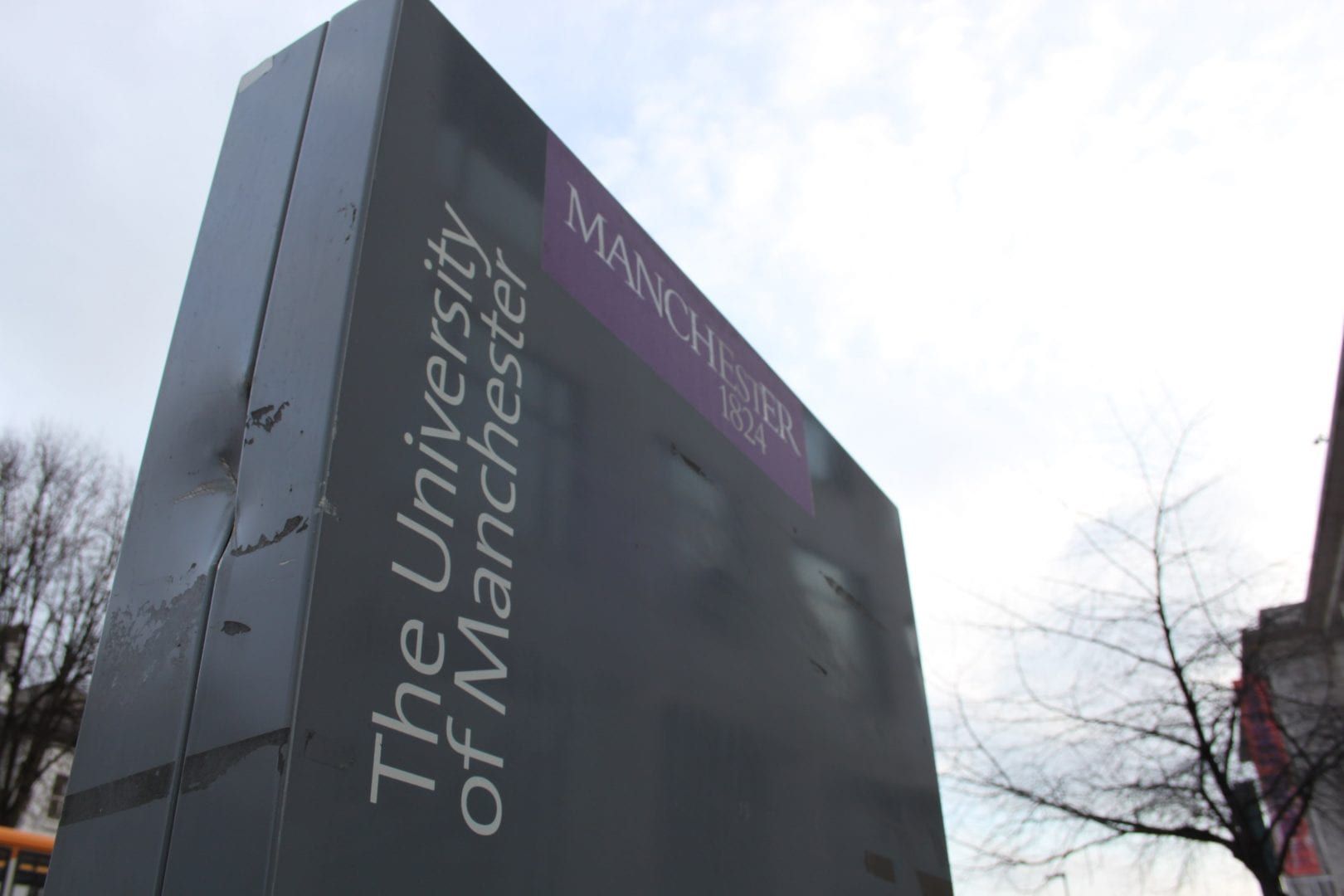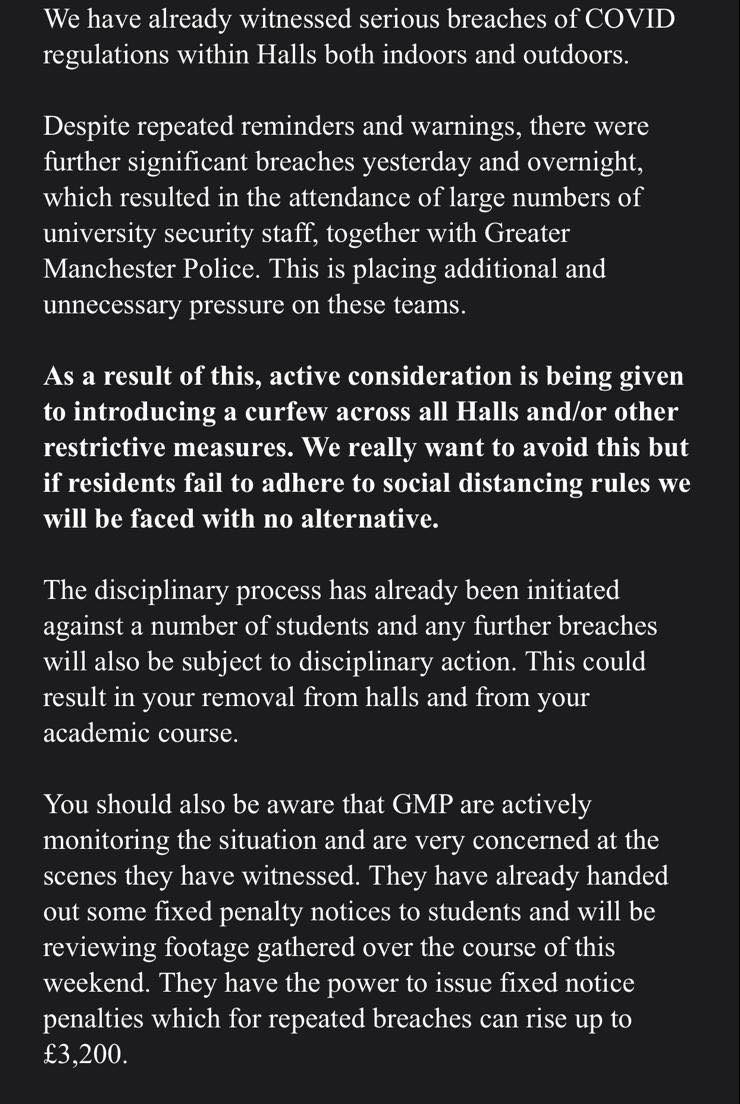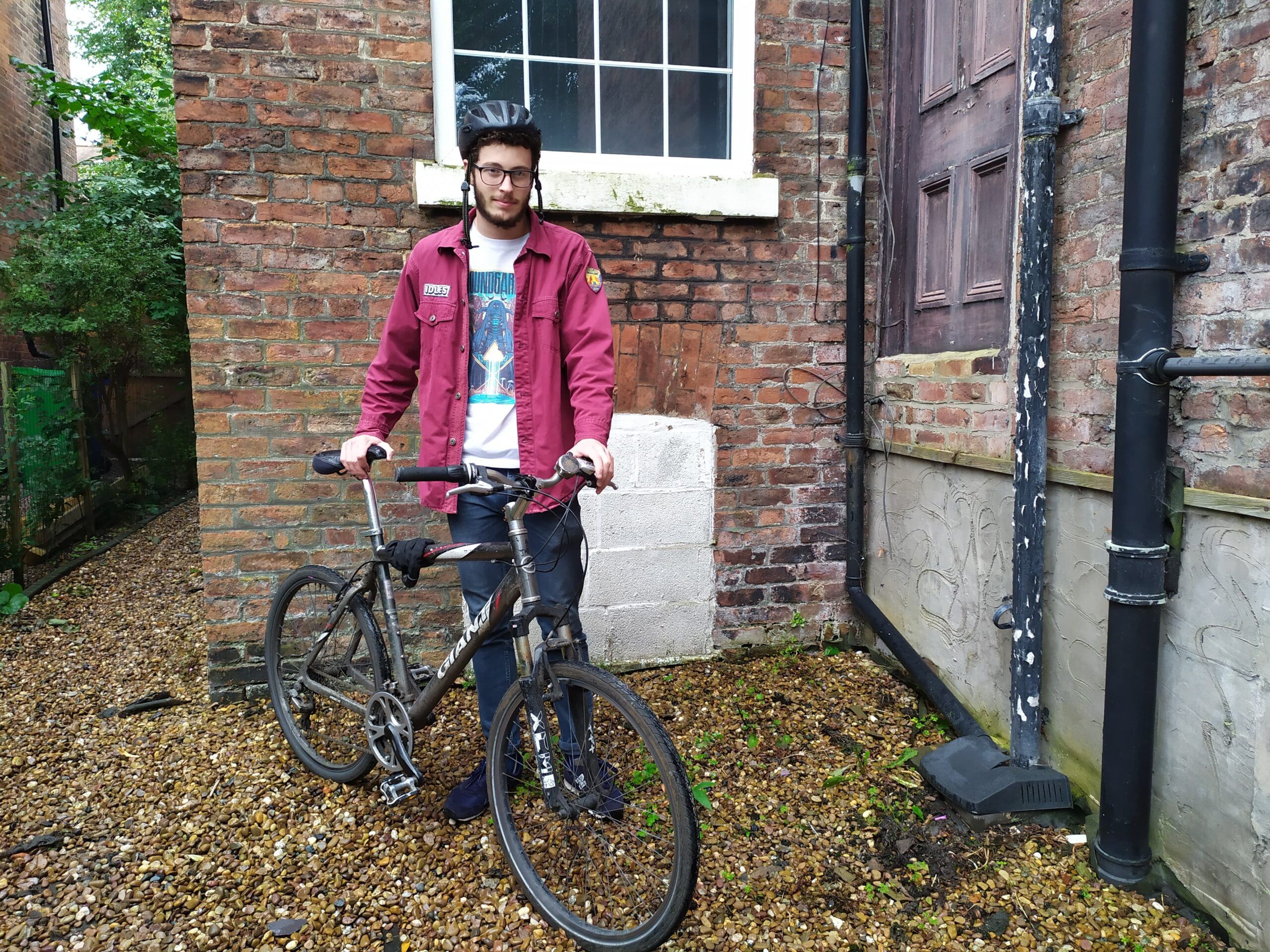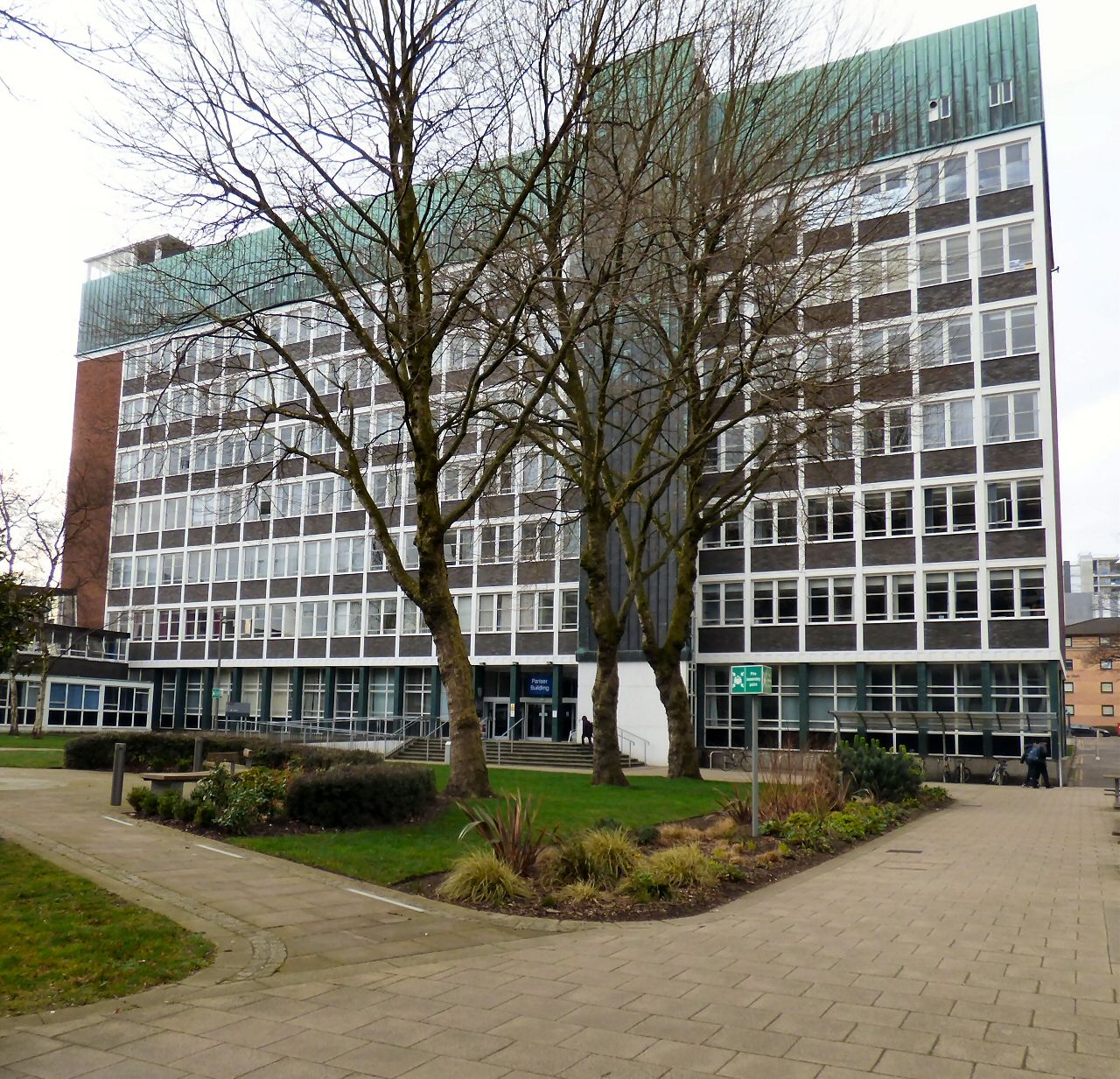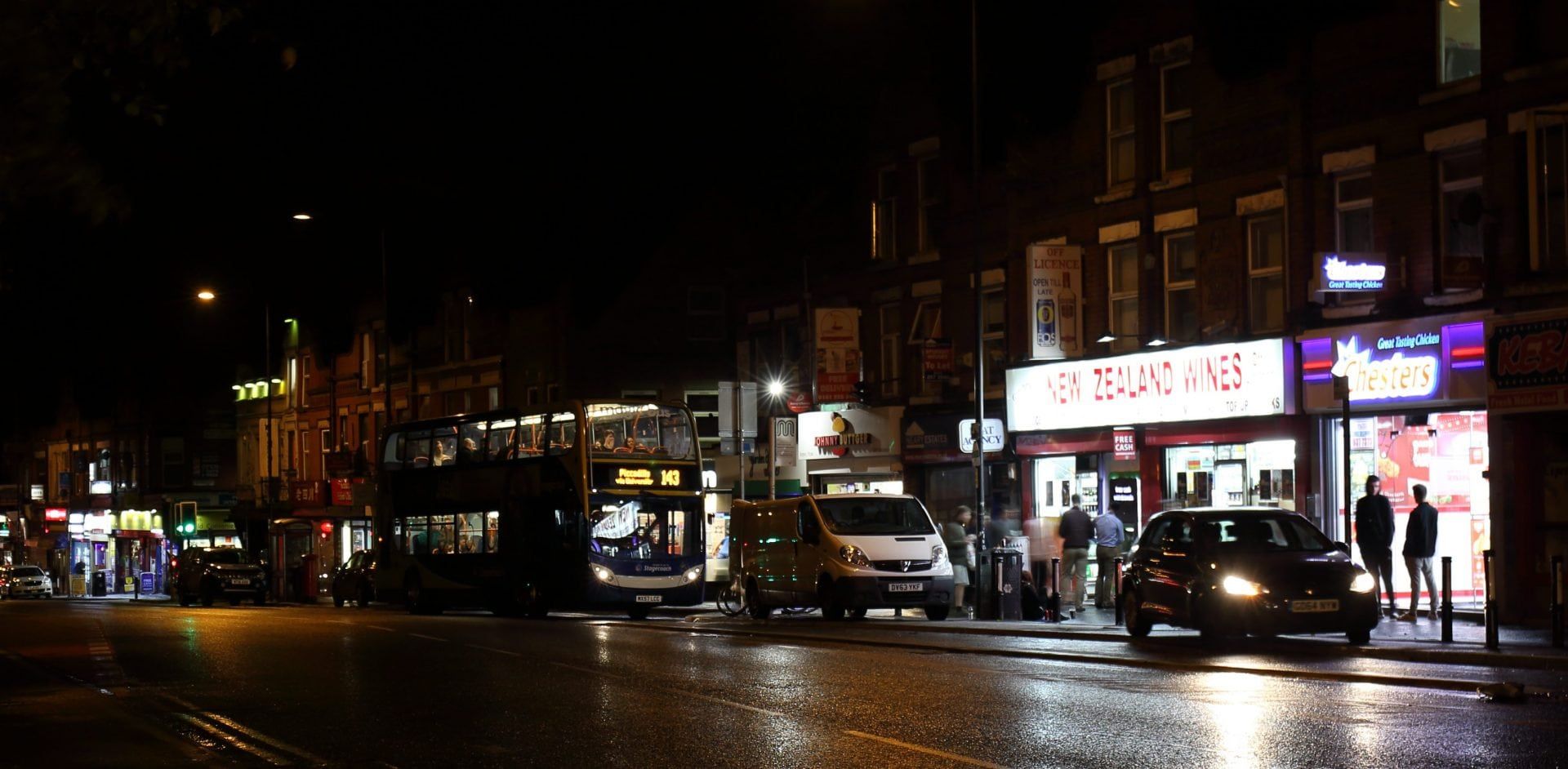Theatre in crisis? How to support an industry in need
The 20th of March 2020 marked a temporary curtain call for major theatres across the UK, due to the arrival of COVID-19. Behind the scenes, a major financial crisis brewed, threatening the future of theatre as we know it.
Now, more than ever before, it is crucial that as a collective we give support and save our theatres.
The extent of the damage caused by COVID remains unclear. But in March, faced with an immeasurable period of darkness, the theatrical sector made some shocking predictions.
Investigations made by the Digital, Culture, Media and Sport Committee into the potential impact COVID would have, reveals an estimated £630 million loss for the sector if closed until June.
Shakespeare’s Globe called for urgent funding of £5 million to escape permanent closure if doors were not opened before September. Local venues supported by the Edinburgh Fringe Festival estimated a deficit of £21 million with its cancellation. A dramatic crisis indeed.
While venues lay dormant, the spirit of theatre lived on, albeit virtually.
‘Lockdown Theatre Festival’ created by Bertie Carvel allowed shows cut short by COVID to be broadcast on BBC Three and Four. National Theatre Live streamed archive shows every Thursday from 2nd April to 16th July. Its production of ‘One Man, Two Guvnors’ starring James Corden saw a massive 2.5 million viewers tune in.
In times of darkness and uncertainty, theatre posed as a great pillar of comfort to many, perhaps reminiscent of better days gone by. The collective experience of escaping the realities of life for several hours, immersed in the wonderful world of actors, directors, and playwrights, remained an untouchable luxury.
Collective is the key word, with several theatres reopening since the 15th of August. However, the experience itself looked very different than before. Wearing a face mask is obligatory and social distancing measures are in place, meaning theatres will not reach their full capacity. At least there will no longer be that awkward squeeze past to reach your seat!
While these efforts are laudable, they are not as realistic for smaller venues who warn that auditoriums need to be 70 to 80% full for shows to be financially viable. Theatres can reach their full capacity at stage five of lockdown, which promises no sign of implication until at least November.
As we enter these winter months, it is vital to keep local theatres warm in their hibernation through donations and active participation. While it is still unlikely we can visit most theatres in the flesh, virtual schemes continue where we can sink into the world of storytelling and help by making a much needed financial contribution.
HOME Theatre have created a new scheme, ‘Homemakers’, running from September 2020 to January 2021. It is a series of new commissions inviting artists to create works at home, for an audience who are also at home.
The scheme will be completely online, offering ground-breaking artists the opportunity to challenge the definition of ‘live performance’ through live-streaming, recordings, interactive stories, personal encounters or something completely different. Purchasing tickets will support the wonderful HOME theatre and equally allow them to support artists within the theatrical industry.
Right now, the landscape of theatre has dramatically changed. We are in uncharted territory; spotlights have gone dark, and those that have not, light the stage for a limited audience. Theatre has metamorphosed onto smaller screens, and artists create from the confines of their homes.
But we should not despair, curtains will rise once again, and the industry will regain its footing. All we must do for now is wait and donate.

